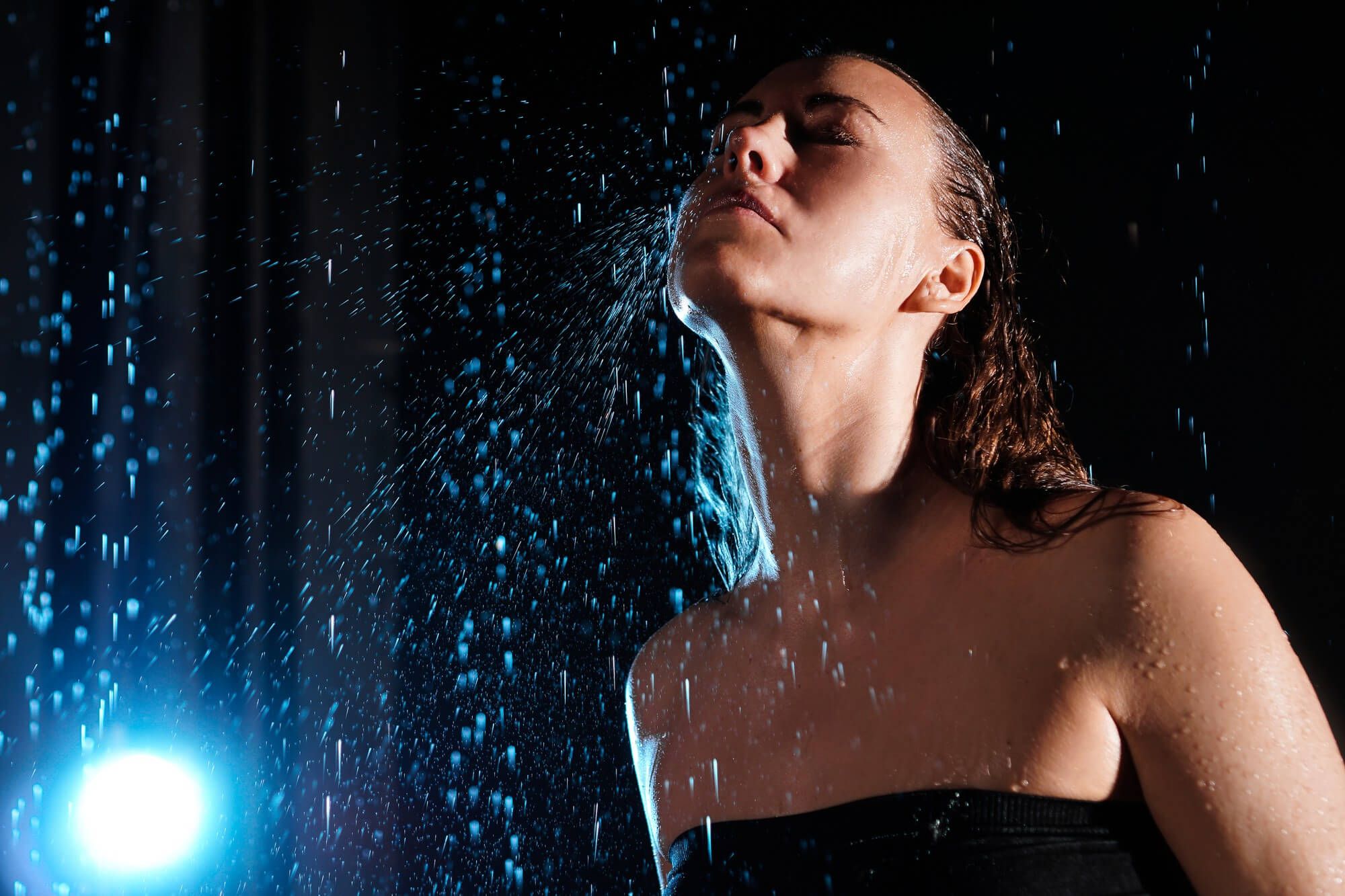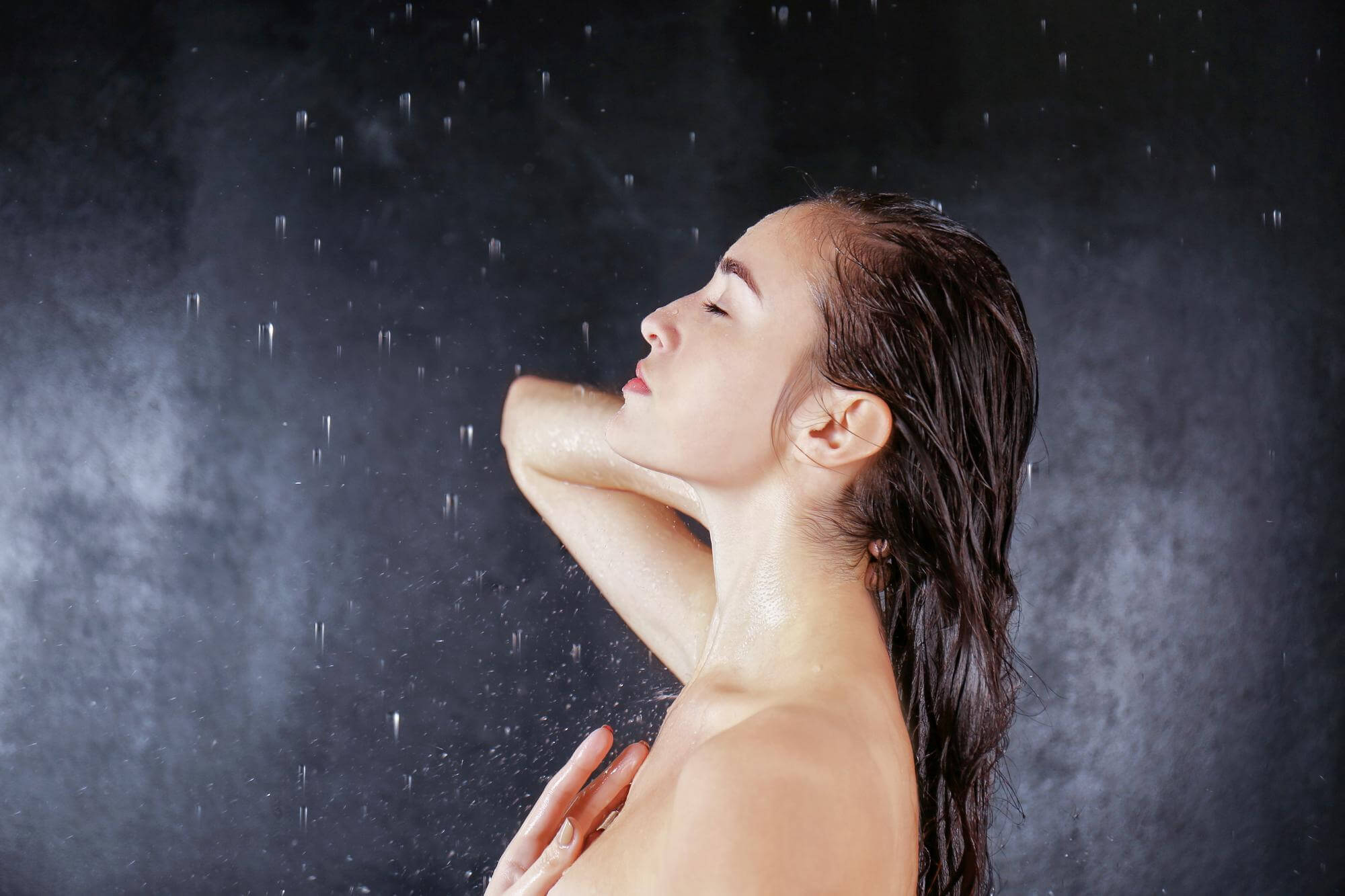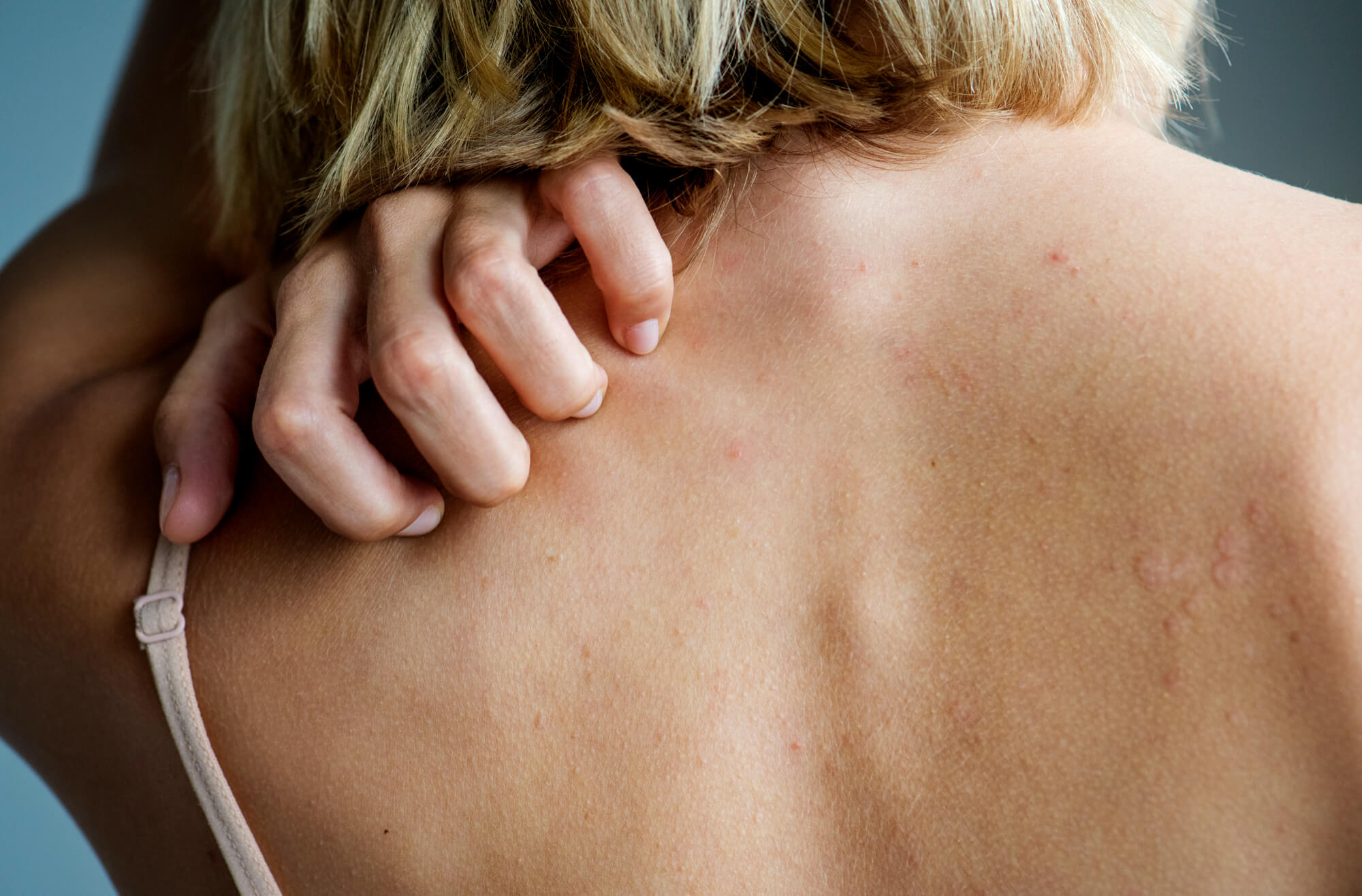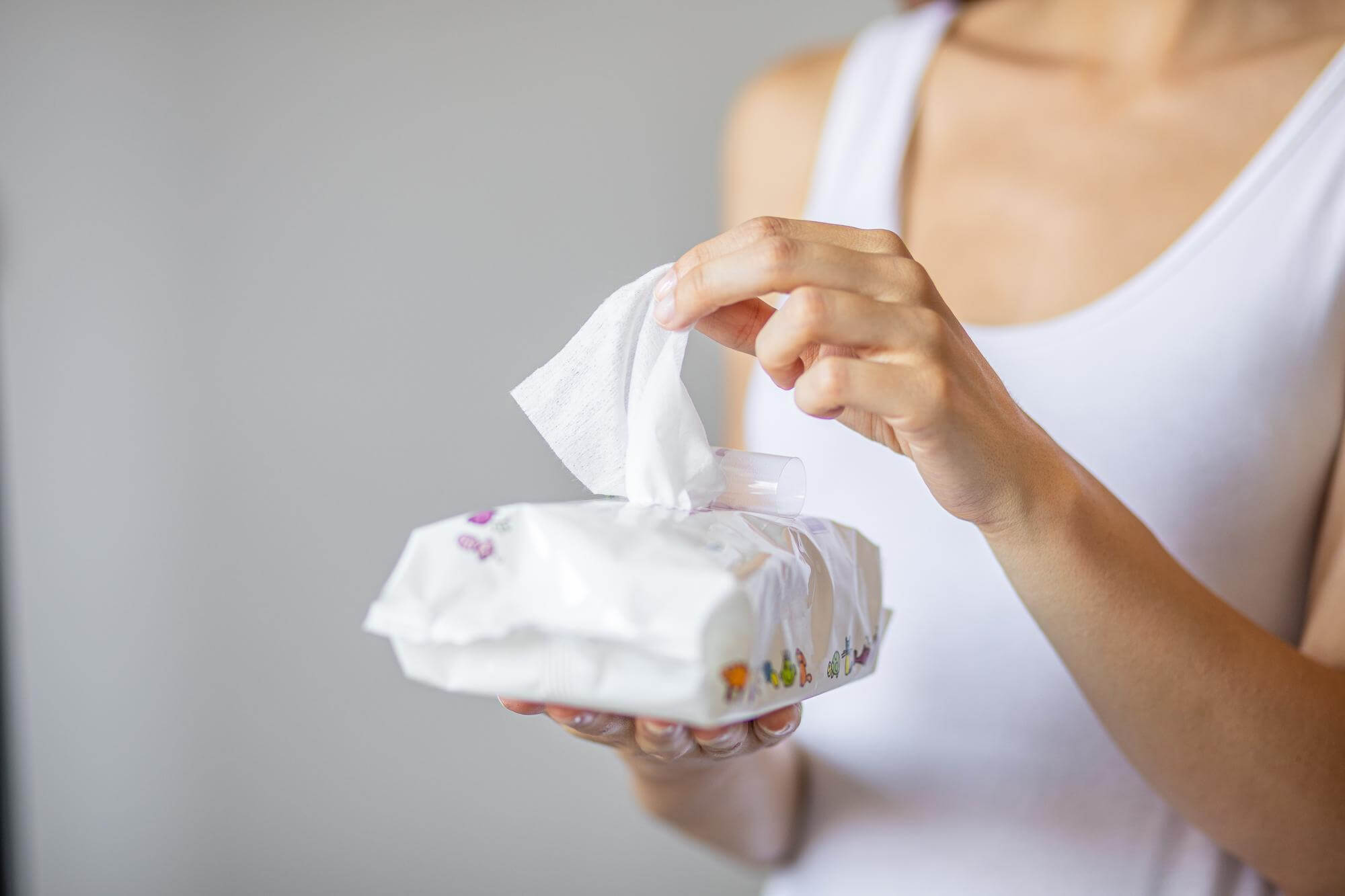Water allergy: recognition, treatment, and prevention


Viktor Levchenko
Water allergy is a rare phenomenon, but there are several forms of allergic reactions that can be caused by the impact of water on the skin or mucous membranes. In this article, we will discuss the definition and characteristics of water allergy, the reasons for its development, symptoms, diagnostic methods, treatment, and prevention.
Definition and characteristics of water allergy
Water allergy is an allergic reaction to various types of water, such as tap water, cold, hot, chlorinated, hard, drinking, salty (sea) and even mineral water. Water allergy can manifest itself in various forms, such as aquagenic urticaria, sun allergy, water urticaria, and others. An allergic reaction to water can be caused by both contact with water on the skin and its consumption.
Aquagenic urticaria and other forms of water allergy
Aquagenic urticaria is one of the forms of water allergy, in which a rash or hives appears on the skin after contact with water. This can be caused by contact with water from the tap, as well as with water from natural sources, including sea and cold water. Can water allergy occur in a child? Yes, this reaction can occur in both adults and children.
Causes of water allergy

- Genetic predisposition can be one of the reasons for the development of water allergy. In some people, the immune system is hypersensitive to certain substances in water, and this can be inherited from parents.
- Water allergy often occurs due to chemical substances present in water. Such substances as chlorine, minerals, pesticides, and other impurities can cause skin irritation or allergic reactions. This explains why an allergy can occur to chlorinated, hard, or tap water.
- A weakened immune system can make the body more vulnerable to allergic reactions, including water allergy. Stress, lack of sleep, poor nutrition, and other factors can weaken the immune system, increasing the likelihood of water allergy.
Symptoms of water allergy

- Skin reactions to water allergy include redness, itching, swelling, and rash on the skin after contact with water. The rash may appear as redness, blisters, or hives, especially on the hands and other body parts that come into contact with water.
- Respiratory symptoms may arise from water allergy, especially to cold or seawater. They include difficulty breathing, coughing, sneezing, and nasal congestion. These symptoms may worsen with contact with cold or saltwater.
Complications of water allergy may include angioedema, which is a sudden swelling of the skin and mucous membranes, and can be life-threatening if it affects the respiratory tract. Rare manifestations of water allergy may include anaphylactic shock, which is an emergency condition and requires immediate medical attention.
Diagnosis of water allergy
To diagnose water allergy, an allergist conducts a patient history and examination. The doctor considers symptoms, history of water contact, and other possible sources of irritation or allergic reactions.
- Laboratory tests, such as blood analysis for IgE antibodies or skin tests using water and potential allergens, may help determine the presence of water allergy or other allergic reactions.
- Differential diagnosis is necessary to exclude other diseases or conditions that may have similar symptoms to water allergy, such as eczema, psoriasis, or contact dermatitis.
Methods of treatment for water allergy

Medication treatment
Antihistamines (cetirizine, loratadine, fexofenadine) are used to relieve itching, redness, and other symptoms of water allergy. They block the action of histamine, a substance responsible for allergic reactions.
Corticosteroids (prednisolone, beclomethasone, fluticasone) may be prescribed to reduce inflammation and symptoms of hives caused by water allergy. They can be used in the form of creams, ointments, or systemic medications depending on the severity of the allergic reaction.
Immunomodulators may be applied to correct the immune system function in patients with water allergy, which helps to reduce allergic reactions.
Physiotherapy and alternative treatment methods
Physiotherapy and alternative treatment methods, such as ultraviolet radiation, can be used in combination with medication treatment to reduce symptoms of water allergy and improve skin condition.
Means for softening and moisturizing the skin
The use of means for softening and moisturizing the skin can help reduce symptoms of water allergy and improve skin condition. Emollients and hypoallergenic moisturizing creams can reduce itching, dryness, and skin irritation.
Prevention of water allergy

Use of water filters
To prevent water allergy, it is recommended to use water filters that remove chlorine, minerals, and other harmful impurities from drinking and household water.
Limiting contact with water
Limiting contact with water can help reduce the risk of developing water allergy. This may include short contacts with water during bathing, using wet wipes to cleanse the skin, and wearing gloves while washing dishes.
Proper skin care
Proper skin care is important for preventing water allergy. The use of hypoallergenic products for washing and caring for the skin, as well as regular moisturizing of the skin, helps strengthen its protective barrier and reduces the likelihood of allergic reactions.
In conclusion, water allergy is a rare but serious condition that can significantly reduce quality of life. Determining the causes, symptoms, and treatment methods of this condition allows allergists to provide timely and effective assistance to patients with water allergy. Prevention, including the use of water filters, limiting contact with water, and proper skin care, is an important aspect of managing this condition and preventing allergic reactions.
New materials
Popular Articles
We recommend reading
Contact us in the Contact Us section to ask questions, offer ideas, or for more information about our allergy resource.
Our articles are your trusted source of allergy knowledge. Learn how to make life with allergic reactions easier on our specialized portal.
©
Lechenie-Allergii.com. All rights reserved.
© Lechenie-Allergii.com. All rights reserved.
The information on this site is for informational purposes only and is not a substitute for professional medical advice. We recommend consulting with qualified medical professionals for accurate information and advice.
 English
English  Українська
Українська  Русский
Русский 









